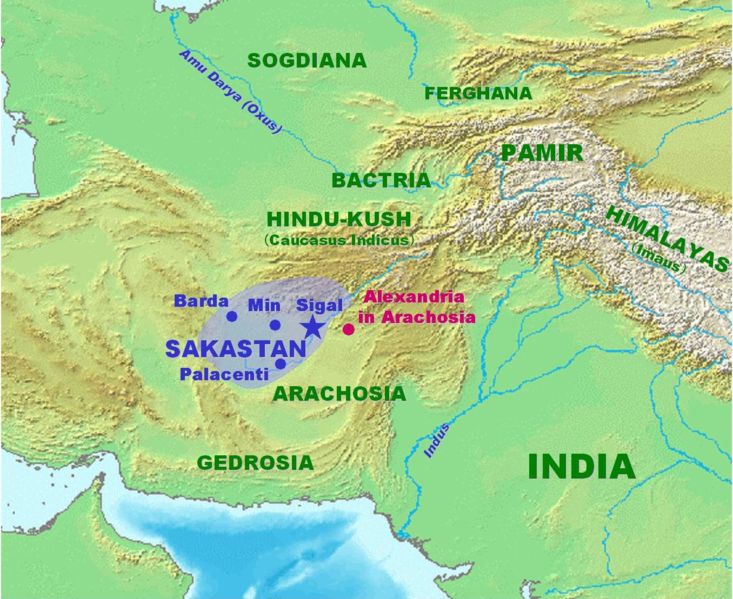September 12, 2024
Sogaria Gotra’s Legacy
Sogdiana (सोग्डिआना = सुग्ध) was an ancient civilization of the Iranian people and a province of the Achaemenid Empire. The city of Samarkand was known as Marakanda when Alexander the Great captured it in 332 BC, and it served as the capital of Sogdiana at that time. Sogdiana is mentioned eighteenth in the Behistun Inscription of Darius the Great and is listed as the second of the “good lands and countries” created by Ahura Mazda in the Zoroastrian Vendidad, highlighting its historical importance.
Geographically, Sogdiana covered areas around modern-day Samarkand, Bukhara, Khujand, Panjikent, and Shahrisabz in present-day Tajikistan and Uzbekistan. Its inhabitants, the Sogdians, were an Eastern Iranian people who are among the ancestors of the modern Tajik, Pashtun, and Yaghnobi peoples. The Sogdian states, although politically fragmented, were primarily centered around Samarkand. Sogdiana was situated north of Bactria, east of Khwarezm, and southeast of Kangju, lying between the Oxus (Amu Darya) and Jaxartes (Syr Darya) rivers, encompassing the fertile Zeravshan Valley.
Sogdiana served as a buffer region, protecting the Achaemenid Persians from the nomadic Scythians to the north and east. The Sogdian Rock, also known as the Rock of Ariamazes, was a fortress captured by Alexander the Great in 327 BC after suppressing Sogdian resistance. He united Sogdiana with Bactria into a single satrapy, leading to the decline of Sogdian military power. Following this, Sogdiana became part of the Hellenistic Greco-Bactrian Kingdom for about a century. Despite brief periods of sovereignty under rulers like Euthydemus I and Eucratides, the region eventually fell to nomadic invaders, including the Scythians and Yuezhis, around 150 BC.
Variants of the Name:
- Sogdiana and Sogdianians: Mentioned in “Anabasis” by Arrian (pages 155, 199-206, 215, 235-240, 284, 378).
- Sogdians: Referenced in “Anabasis” by Arrian (page 341).
- Sughdha (सुग्ध): The Sanskrit name for the region, also known as Ramanaka (रमणक) or Rochaka (रोचक) in Sanskrit; corresponds to the Greek name Sogdiana (सोग्डियाना), the modern city of Samarkand in Uzbekistan.
- Sugdha (सुग्ध): As cited in “AS,” page 972.
- Sogdia: Another variant of the name.
- Suguda: The Old Persian form.
- Sogdiana: The widely recognized historical name.

